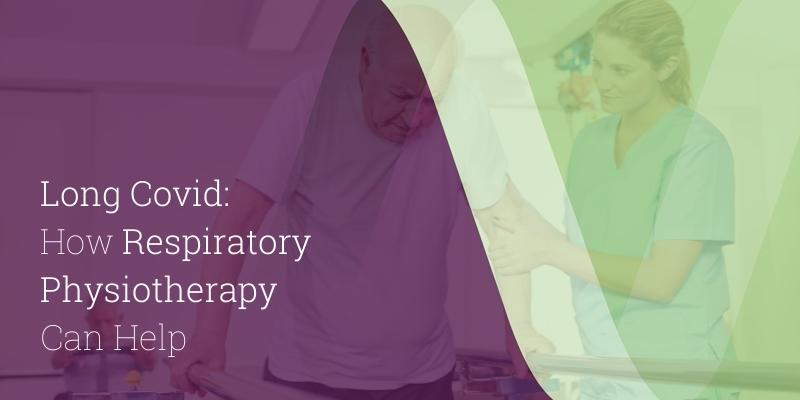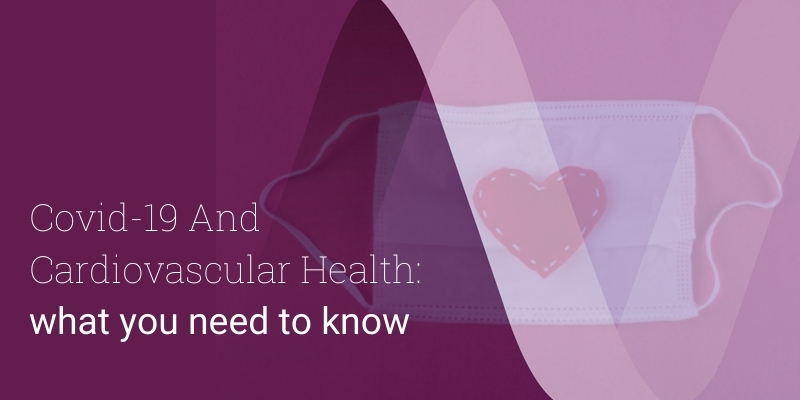
Please, notice that these are our old Covid-19 guidelines.
Content Updated: 2nd May 2023
Government guidelines, published on 1 April 2023, have reviewed the requirement for Covid-19 testing for patients undergoing elective procedures and planned care.
The ongoing success of the vaccination programme, increased access to treatments and high immunity amongst the population, has allowed the government to scale back testing in England. From April onwards, testing will be provided to individuals and settings at highest risk from COVID-19, whilst continuing to support diagnosis for care and access to treatments.
Prevalence in the community remains at a comparatively low level. This means that the likelihood of individuals being infectious has also reduced.
With this in mind, routine testing for patients who DO NOT HAVE ANY SYMPTOMS is no longer required.
Testing will continue for patients who are displaying any of the main Covid-19 symptoms:
- Fever
- New or continuous cough
- Loss of sense of smell
- Loss of taste
However, it is important to remember that there is a wide range of other symptoms that patients may exhibit; for example:
- Shortness of breath
- Fatigue
- Loss of appetite
- Muscle aches
- Sore throat
- Headache
- Stuffy or runny nose
- Diarrhoea
- Nausea or vomiting
Any patient who is showing any of the above symptoms should perform a Lateral Flow Test (LFT) on the day of their admission prior to travelling to the Hospital.
PLEASE NOTE: Patients who are deemed by their consultant to be high risk, either because of the procedure they are having or because of any existing health conditions, will also be required to undertake an LFT test on the day of admission.
Patients undergoing surgery
Published studies have found that patients who have an operation either when they have a Covid infection or in the first few weeks after an infection have an increased risk of serious complications or death after surgery. Additionally, people over 70 years of age, from black, Asian and minority ethnic groups, men and those with other health conditions (diabetes, obesity, hypertension) appear to be at higher risk of developing complications from Covid-19.
Coming into the Hospital will require you to come into contact with staff who could unknowingly be carrying Coronavirus. Equally, you could be infected and not yet showing symptoms, therefore, it is not possible to entirely eliminate the risk of catching COVID-19 while you are in the Hospital. However, we are taking every possible measure to minimise your risk of infection. Whilst we believe that this risk is low there is no way of being certain that you are not at risk of developing the infection.
On the basis of this information, if you would prefer to postpone your procedure, please discuss this with your consultant prior to admission.
Guidance from the Royal College of Anaesthetists in relation to patients who have tested positive to COVID-19 having anaesthesia remains the same, depending on the severity of symptoms and/or urgency of surgery. Timeframes are:
- Seven weeks following a positive result for a general anaesthetic
- Two weeks following a positive result for a local anaesthetic
- Two weeks for children who have had mild symptoms and seven weeks if they have had severe symptoms, regardless of the type of anaesthetic.
All patients
Do not attend the Hospital at any time if:
- you have any of the Coronavirus symptoms
- your LFT is positive
On entry to the Hospital please make use of the hand sanitisers and sign the form confirming your screening answers are correct. There is no longer a requirement to wear a face mask in the Hospital but these will still be provided for patients who wish to wear one.
If your hospital stay includes a third day the clinical staff will perform an LFT at that time.
If you are being discharged to a care or convalescent home, you will have a Covid test performed 48 hours prior to discharge to ascertain your Covid status prior to transfer.
Thank you for accommodating these arrangements, which have been established to ensure the safety of all. Should you have any queries then please contact the Admissions Department on 020 8949 9010.
We look forward to welcoming you for your admission to the Hospital.












